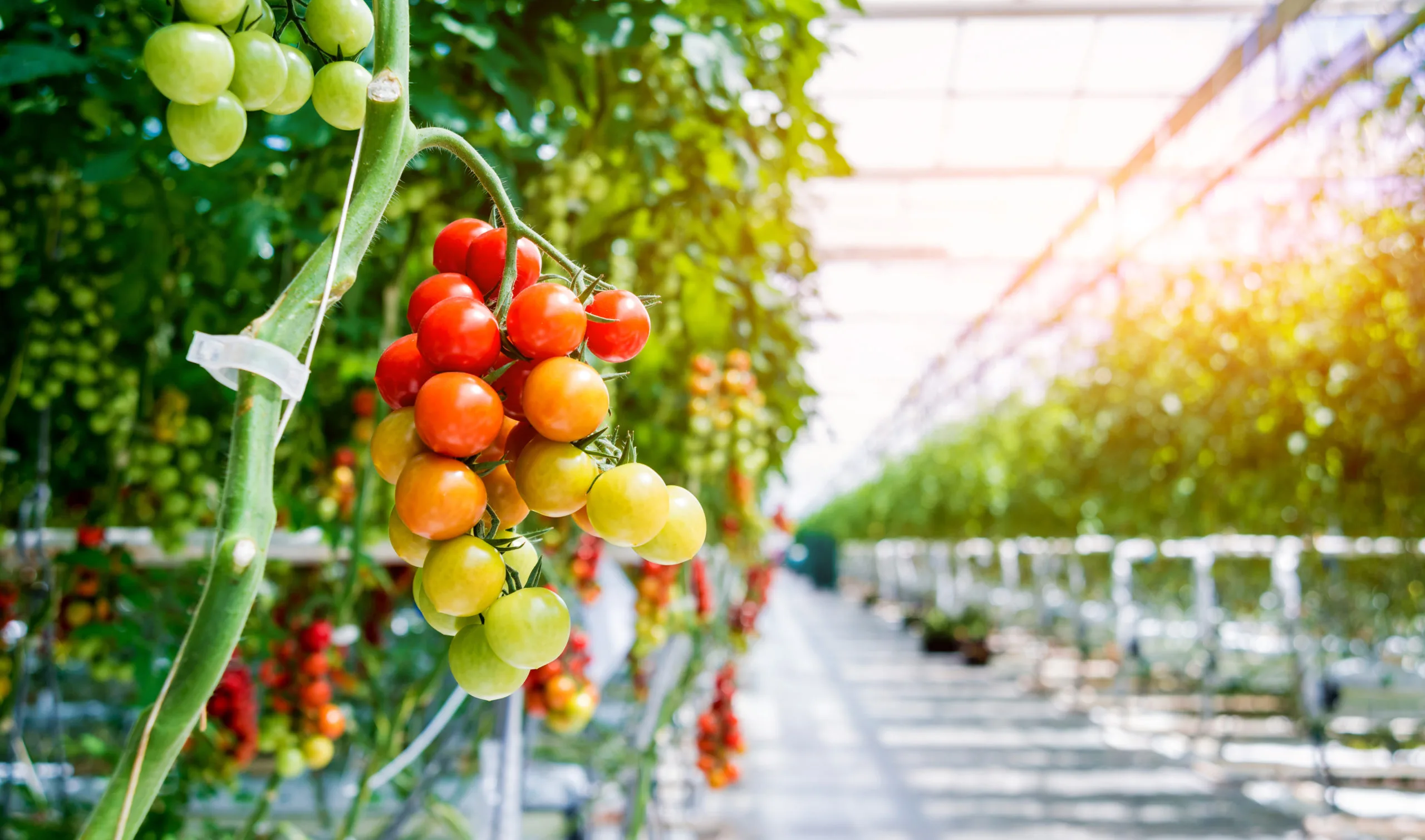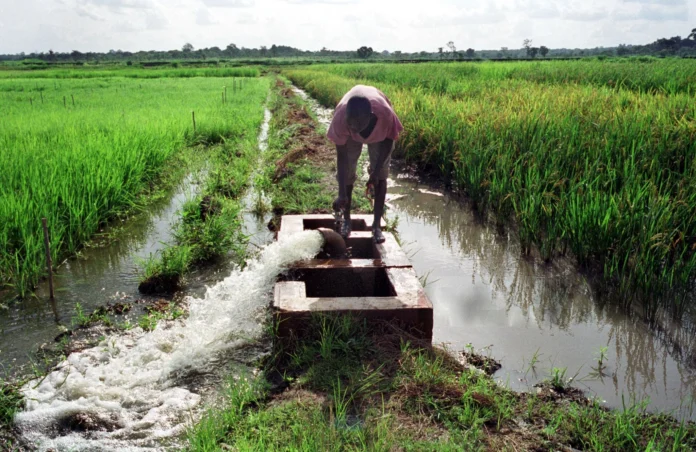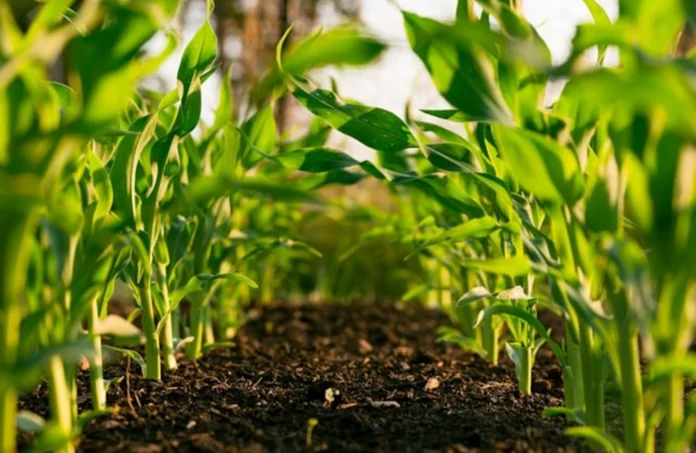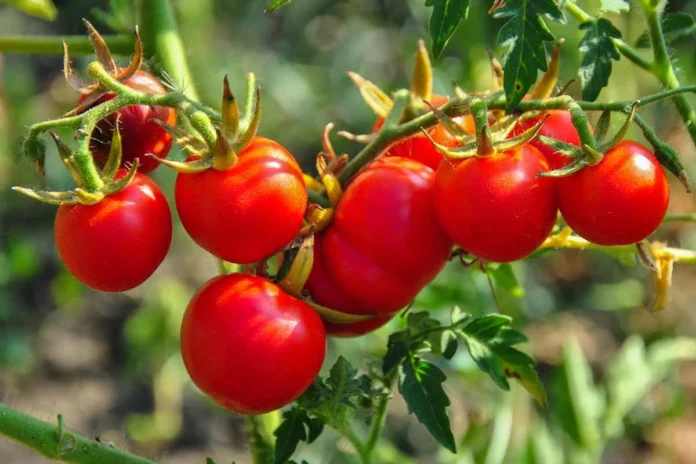Arabfields, Amsterdam, Netherlands — In the heart of the Netherlands’ renowned greenhouse horticulture sector, the Prominent tomato brand is marking a significant milestone: its 30th anniversary. Founded in 1995 by a group of visionary growers determined to revitalize the reputation of Dutch tomatoes, Prominent has evolved from a modest cooperative into a powerhouse of agricultural innovation and sustainability. Today, under the umbrella of Growers United, the brand exemplifies how collaboration, cutting-edge technology, and a commitment to eco-friendly practices can drive success in a volatile global market.
Martine Boekestein, communications manager for Growers United, reflects on this journey with optimism. “This year, Dutch tomato cooperative Growers United celebrates the 30th anniversary of Prominent, a brand synonymous with trust and, just as important, innovation,” she says. As the cooperative welcomes a new generation of growers, fresh ideas are infusing the organization, propelling it toward even greater advancements in the tomato category.

The story of Prominent begins in 1995, when seven Dutch growers banded together to form the Prominent growers’ association. At the time, Dutch tomatoes suffered from a poor image, often perceived as bland and unappealing compared to imports from sunnier climates. These pioneers set out to change that by focusing on vine tomatoes known for their superior taste and quality. Their efforts paid off, turning Prominent into a trendsetter in collaborative farming and innovative practices.
By 2013, Prominent had integrated into Growers United, a broader cooperative formed by fruit and vegetable growers to enhance returns through shared resources. This move allowed Prominent to leverage collective strengths in sales, packaging, breeding, and staff deployment. Today, the cooperative comprises 17 nurseries operating across 55 growing sites, covering 445 hectares of glasshouses. Annually, they produce 275 million kilograms of tomatoes in 11 varieties, including vine, cocktail, plum, mini plum, cherry, mini cherry, and snack tomatoes. These products reach one in every 15 consumers in Europe daily, underscoring Prominent’s market dominance.
The cooperative’s structure is a model of efficiency. Growers United handles marketing, joint purchasing, quality assurance, and data management, freeing individual growers to concentrate on cultivation. A shared packaging company processes 71 million kilograms of tomatoes yearly into consumer-ready packs, ensuring customization and cost-effectiveness. This collaborative approach has not only boosted productivity but also fostered a culture of mutual trust, earning Prominent the Dutch Horticultural Entrepreneurship Prize in 2020.
Prominent’s commitment to innovation is evident in its high-tech operations. The cooperative maintains 200 hectares of artificially lit greenhouses in the Netherlands, enabling year-round production. To meet growing demand and mitigate seasonal risks, Growers United has expanded cultivation to Morocco and Spain, creating a balanced supply chain between northern and southern Europe.
“We continue to innovate in our high-tech greenhouses in the Netherlands and have started growing our own crops in Morocco and Spain,” Boekestein reveals. “It is the collaboration between the growers and the whole cooperative that makes us confident we’re ready for the future.”
A cornerstone of this innovation is the 30-hectare Innovation Centre, consisting of three jointly owned nurseries. Here, new varieties, cultivation methods, alternative growing media, and renewable energy sources are tested. The centre also supplements production for high-demand segments, ensuring the cooperative remains agile in a competitive market.
The Dutch greenhouse sector, of which Prominent is a key player, is globally acclaimed for its efficiency. Dutch growers use just 1.1 gallons of water per pound of tomatoes, compared to the global average of 25.6 gallons. Pioneers like Duijvestijn Tomatoes, though not directly part of Prominent, have inspired industry-wide adoption of geothermal energy since 2011, reducing reliance on fossil fuels and cutting carbon emissions.
The past few years have tested the resilience of Dutch tomato growers. The energy crisis, exacerbated by geopolitical tensions in 2022, led to soaring gas prices that forced many to reduce lighting and production. In 2022 alone, Dutch greenhouse vegetable yields dropped by 7.9%, with tomato output falling by 110 million kilograms. This shortfall highlighted vulnerabilities in energy-dependent high-tech farming.
However, Boekestein notes a recovery: “Following the energy crisis that impacted recent tomato seasons, a new balance has been found between southern and northern Europe. The tomato market is in a healthy position, but as in the global economy, we are seeing conditions that affect the market change rapidly, including inflation, fluctuating prices for energy and raw materials, rising labour costs and political instability.”
To navigate these, Growers United emphasizes strong management and strategic investments. “As a company, you need to have strong management and the ability to make serious investments,” Boekestein states. “The cooperative plays an important role in this by sharing knowledge and jointly investing in new innovations and resources to control costs, focusing on high-quality products, efficiency and sustainability in order to meet market demands.”
Another major hurdle has been the Tomato Brown Rugose Fruit Virus (ToBRFV), an emerging pathogen first identified in 2014 that overcomes traditional resistance genes like Tm-22. It spreads rapidly via mechanical means, threatening yields worldwide. In response, seed companies such as Bayer, Syngenta, Hazera, Enza Zaden, and Nunhems have developed varieties with intermediate to high resistance, now comprising over 25 options in various tomato types.
Boekestein highlights progress: “When it comes to varieties that offer resistance, especially to the ToBRFV virus, the range has grown considerably in recent years. The problem is solved for 80 per cent of the varieties, thanks to new ones that offer good resistance as well as taste and yield. As a result, we now have a wide range of varieties in our cultivation trials. We test these for their performance in cultivation, taste and shelf-life. We are looking for varieties that meet all the requirements. This remains a challenge, but we are definitely moving in the right direction.”
Sustainability is not just a buzzword for Prominent, it’s a strategic imperative. The controlled environment of Dutch greenhouses allows for precise resource management, minimizing water, energy, and pesticide use while maximizing yields. Efforts include recycling waste materials, adopting renewable energy, conserving water, and employing natural crop protection methods.
To formalize these initiatives, Growers United launched the GU Cycle program. This comprehensive framework supports growers in meeting stringent sustainability targets, providing tools for monitoring progress in areas like energy efficiency and emissions reduction. Data is centralized for transparent reporting, aiding retailers who increasingly demand verifiable sustainability metrics.
“Sustainability is a major priority for the future. Retail is asking for more data, and we can support them there,” Boekestein explains. “Growers United has set up a programme called GU Cycle in order to meet coming sustainability requirements and targets and offer insights. The programme provides grower support and tools for monitoring results in various areas of sustainability. We monitor this information from a central data point. In order to meet the set targets, we focus on innovative energy solutions and effective cultivation methods.”
This aligns with broader trends in Dutch horticulture, where high-tech systems have reduced environmental footprints dramatically. For instance, integrating geothermal energy has cut energy consumption, positioning the Netherlands as a leader in sustainable food production.
Looking ahead, Growers United’s GU Next innovation program is pivotal. By valorizing cultivation data and conducting practical tests at the new GU Research Centre, the cooperative addresses both immediate and long-term challenges. Collaborating with cultivation specialists and supplier partners, GU Next drives solutions in breeding, efficiency, and resilience.
“Together with our cultivation specialists and supplier partners, we are working on solutions for both the short term and the long term,” Boekestein says. “By investing jointly through the cooperative, we are setting the process in motion and ensuring progress to be future-proof.”
As consumer demands shift toward healthier, sustainably sourced produce, Prominent is well-positioned. The brand’s marketing encourages culinary exploration, promoting tomatoes as versatile ingredients that foster healthy lifestyles and family connections.
As Prominent celebrates three decades, its story is one of adaptation and foresight. From reviving a tarnished reputation to pioneering virus-resistant varieties and sustainable practices, the cooperative embodies the best of Dutch agriculture. In an era of climate uncertainty and market volatility, Growers United’s model of shared innovation offers a blueprint for the global tomato industry. With a new generation at the helm, the future looks bright, and deliciously red.












